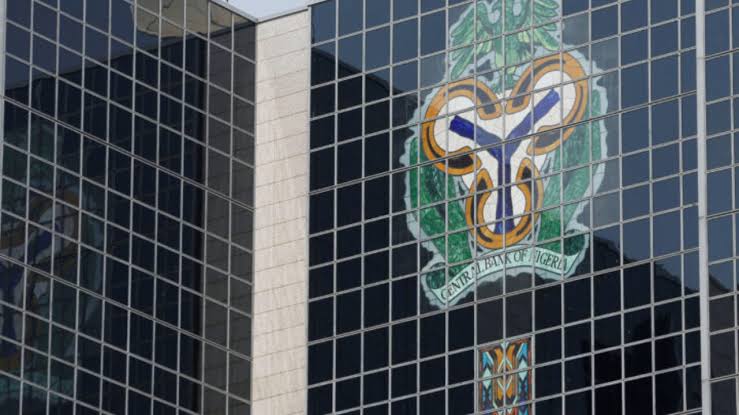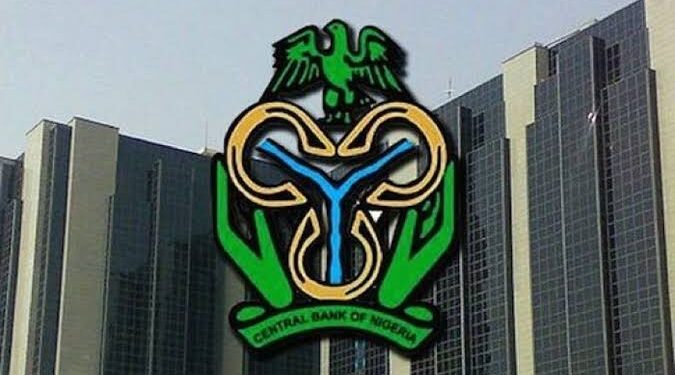The Central Bank of Nigeria (CBN), in its ever-so-generous quest to “streamline” the foreign exchange market, has introduced fresh guidelines for interbank trading. However, it’s important to note these new rules are not as straightforward as they sound. Starting with a hefty $100,000 minimum trade value, the new directive, dated November 25, 2024, was signed by Dr. Omolara Duke, CBN’s Director of Financial Markets.
This revamped system, the Electronic Foreign Exchange Matching System (EFEMS), promises to improve efficiency, reduce counterparty risks, and, of course, enforce the CBN’s already overbearing regulations. The chosen tool for this “revolutionary” change is Bloomberg’s BMatch, which will officially handle all interbank FX transactions from December 2, 2024. If you’re in the game, your trading hours are a tight 9:00 am to 4:00 pm, West Africa Time, on business days. No overtime for you (funny right?).

The guidelines require that each trade must hit a $100,000 minimum with increments of $50,000. Apparently, smaller trades have no place in this grand vision of “efficiency.” And just in case anyone was hoping for a bit of flexibility, the system is restricted to transactions involving only the Nigerian naira and the US dollar though the CBN, in its infinite wisdom, reserves the right to introduce other currency pairs when it feels like it.
The rules don’t stop there. Participants must set strict credit and settlement limits, not just for themselves but for counterparties as well. Transactions exceeding these limits will be blocked no exceptions unless both parties grovel for CBN approval. “All trades consummated on EFEMS are binding unless canceled by mutual agreement of both parties with written approval from the CBN,” reads one section of the document, underlining how tightly the system is controlled.
Participation in EFEMS isn’t a free-for-all either. Only authorised dealer banks are allowed, while any other institution must beg for prior approval. And should you wish to leave the system, don’t think you can just walk away. A 30-day notice, along with clearing all obligations, is mandatory. It’s almost like signing a lease with no escape clause.
The CBN will also oversee EFEMS with an eagle eye, regularly reviewing its operations. Violations? Expect penalties, which could include suspension or outright removal from the platform. Banks have also been instructed to deploy the Bloomberg BMatch system, liaising with Bloomberg representatives to ensure smooth onboarding. Trades on this platform will remain anonymous until matched, so you’ll never know who you’re dealing with until it’s too late to back out.
To further tighten its grip, the CBN requires daily reports on trade volumes, settlements, and counterparties. And yes, the bank reserves the right to publish trade data confidentiality agreements be damned. Transactions outside EFEMS parameters must be logged within 10 minutes, leaving little room for error. Clearly, the central bank isn’t playing.
While all this might sound like an efficient setup to the untrained ear, let’s not overlook the problem: these guidelines effectively cut out smaller players, reinforcing the dominance of big banks. The $100,000 minimum is no small hurdle, and the bureaucratic issues only made it worse.

















